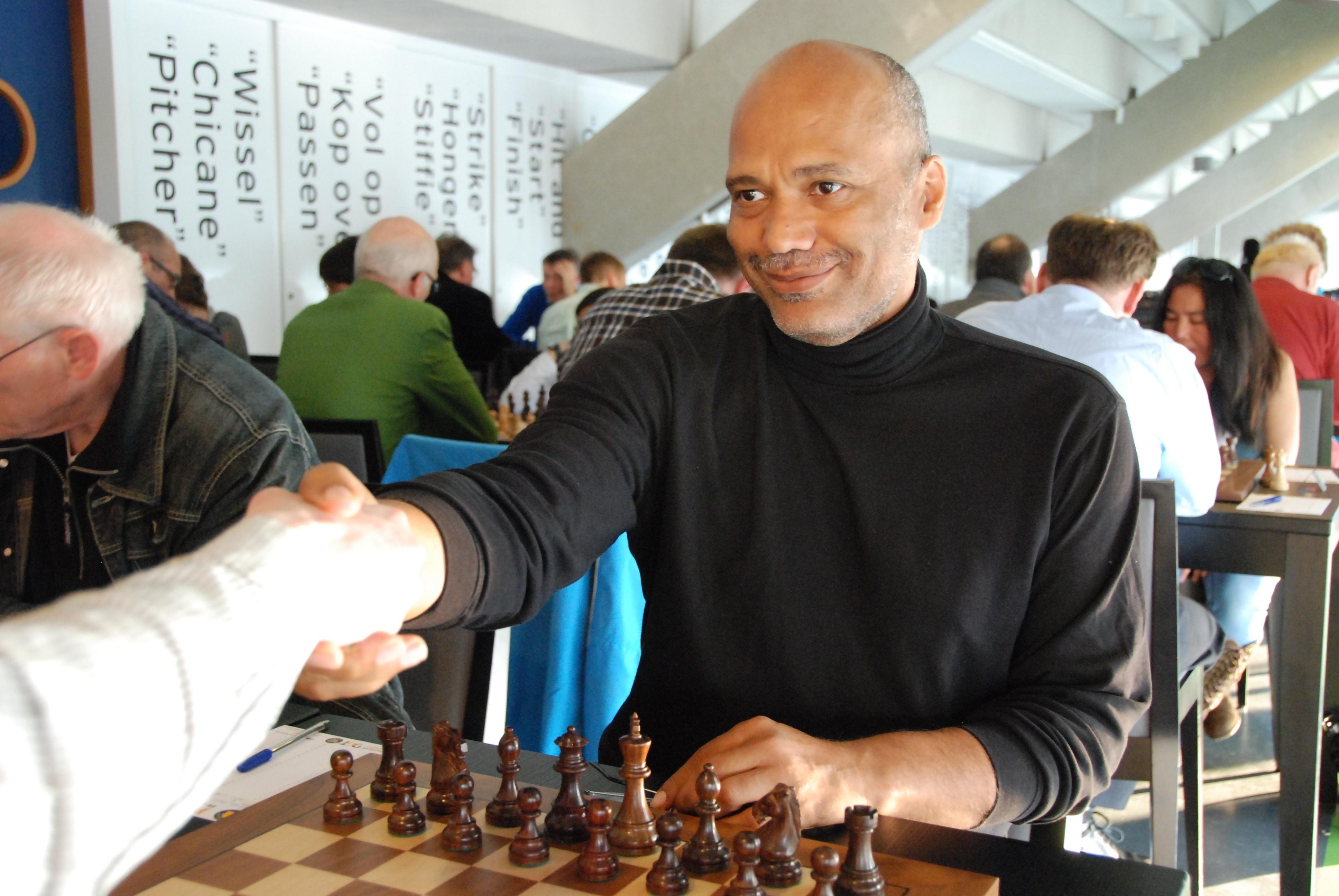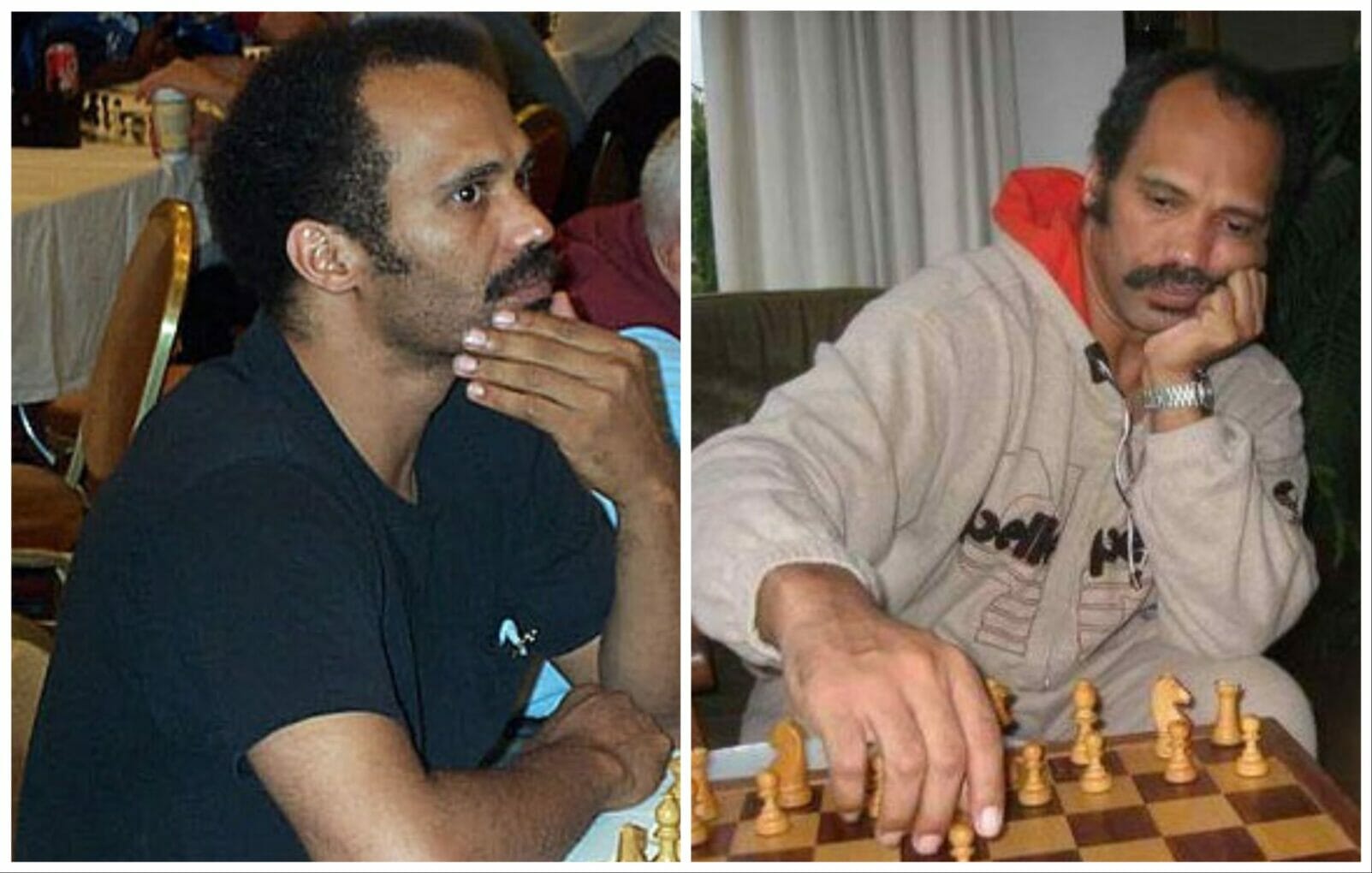Emory Tate: The Life And Legacy Of A Chess Maverick
Emory Tate was not just a chess player; he was a phenomenon on the chessboard, known for his brilliant tactical play and extraordinary ability to outmaneuver his opponents. His legacy continues to inspire chess enthusiasts around the world. In this article, we will delve into the life of Emory Tate, exploring his early years, his rise in the chess community, and the impact he left behind in the world of chess. We will also provide insights into his unique playing style and some of his most memorable games.
As we explore Emory Tate's journey, we will take a closer look at his contributions to chess, including notable tournaments, achievements, and how he inspired a new generation of chess players. Our goal is to celebrate a man whose passion for chess transcended boundaries and made him a beloved figure in the chess community.
Join us as we unravel the fascinating story of Emory Tate, a true master of the game whose legacy continues to resonate with chess players and enthusiasts alike.
- Matt Rife Relationships A Deep Dive Into The Comedians Love Life
- Understanding The Life And Legacy Of Rohan Marley A Comprehensive Guide
Table of Contents
- Early Years of Emory Tate
- Emory Tate's Chess Career
- Playing Style and Strategies
- Memorable Games of Emory Tate
- Impact on the Chess Community
- Personal Life and Legacy
- Data and Statistics
- Conclusion
Early Years of Emory Tate
Emory Tate was born on December 27, 1958, in Chicago, Illinois. He grew up in a family that valued education and intellectual pursuits, which laid the foundation for his future in chess. From a young age, Tate showed a keen interest in strategy games, eventually gravitating towards chess.
His formal chess training began in high school, where he quickly made a name for himself by participating in various local tournaments. Tate's natural talent for the game was evident, and he soon became a formidable opponent, impressing both peers and mentors alike.
Early Influences
Tate was influenced by several notable chess players, including grandmasters who visited his local chess clubs. This exposure played a significant role in shaping his understanding of the game and refining his skills. He absorbed various strategies and tactics, which he later incorporated into his unique playing style.
- Unveiling The Legacy Of Pete Sampras A Tennis Icon
- Jack Wagner The Multifaceted Career Of A Television Icon
Emory Tate's Chess Career
Tate's chess career took off in the late 1970s and early 1980s, where he began participating in larger tournaments. His talent did not go unnoticed, and he earned the title of International Master (IM) in 1990, a significant achievement that highlighted his prowess in the game.
Throughout his career, Tate participated in numerous tournaments across the United States and internationally. He was known for his impressive victories against several grandmasters, showcasing his exceptional skill and tactical brilliance.
Notable Tournaments
- U.S. Open Chess Championships
- North American Open
- National Black Masters Championship
- World Open
Playing Style and Strategies
Emory Tate was renowned for his aggressive playing style and tactical acumen. He had a unique ability to create complex positions that often bewildered his opponents. His approach to chess emphasized creative tactics, often sacrificing material for greater positional advantages.
One of the hallmarks of Tate's playing style was his deep understanding of tactical motifs. He had an innate ability to spot tactical opportunities that others might overlook, leading to spectacular combinations and wins.
Tactics and Techniques
- Double attacks
- Forks and pins
- Discovered attacks
- Sacrificial tactics
Memorable Games of Emory Tate
Throughout his career, Emory Tate played many memorable games that showcased his exceptional talent. Some of his most famous victories include matches against renowned grandmasters, where he demonstrated his tactical brilliance.
One notable game was his victory against grandmaster Alexander Onischuk at the 2006 National Open. This game is often cited as a prime example of Tate's tactical ingenuity, featuring a brilliant series of moves that led to a decisive victory.
Analysis of a Memorable Game
In the game against Onischuk, Tate employed a sharp opening that led to an imbalanced position. His ability to navigate the complexities of the position allowed him to capitalize on his opponent's mistakes, culminating in a stunning checkmate that left spectators in awe. Analyzing this game provides valuable insights into Tate's thought process and strategic planning.
Impact on the Chess Community
Emory Tate's influence on the chess community extends beyond his tournament victories. He was a mentor to many aspiring chess players, particularly in the African American community, where he served as a role model and source of inspiration.
His passion for the game and dedication to teaching others helped foster a greater appreciation for chess among young players. Tate conducted workshops and seminars, emphasizing the importance of strategic thinking and creativity in chess.
Legacy and Recognition
Tate's contributions to chess have been recognized posthumously, with various organizations and chess clubs honoring his memory. His legacy continues to inspire new generations of players who aspire to follow in his footsteps.
Personal Life and Legacy
Emory Tate was not only a chess player but also a family man. He was known for his warm personality and the supportive relationships he maintained with his family and friends. Tate's legacy is one of passion, dedication, and excellence in chess.
His untimely passing on October 17, 2015, left a void in the chess community, but his impact continues to be felt. Tributes poured in from fellow players, fans, and chess enthusiasts, all celebrating the life and achievements of this remarkable individual.
Data and Statistics
| Attribute | Details |
|---|---|
| Name | Emory Tate |
| Born | December 27, 1958 |
| Died | October 17, 2015 |
| Title | International Master (IM) |
| Notable Achievements | Multiple tournament victories, mentor to young players |
Conclusion
Emory Tate was a true chess maverick whose contributions to the game have left an indelible mark on the chess community. His exceptional talent, creative tactics, and dedication to mentoring others have inspired countless players. As we remember Emory Tate, let us celebrate his life and the legacy he created through his passion for chess.
We invite you to share your thoughts in the comments below and explore more articles on chess and its remarkable figures. Together, let us keep the spirit of Emory Tate alive in the chess community.
Thank you for reading, and we hope to see you back on our site for more engaging content about the world of chess.
- Nathan Fillion A Comprehensive Look At The Life And Career Of A Tv Icon
- Cobie Smulders A Comprehensive Look At Her Life And Career

20 Emory Tate Facts A Tribute to a Chess Legend

Emory Tate biography, net worth, wife, children, cause of death, and

Emory Tate, Andrew Tate's Dad Wiki/Bio, Age, DOB, Nationality, Kids